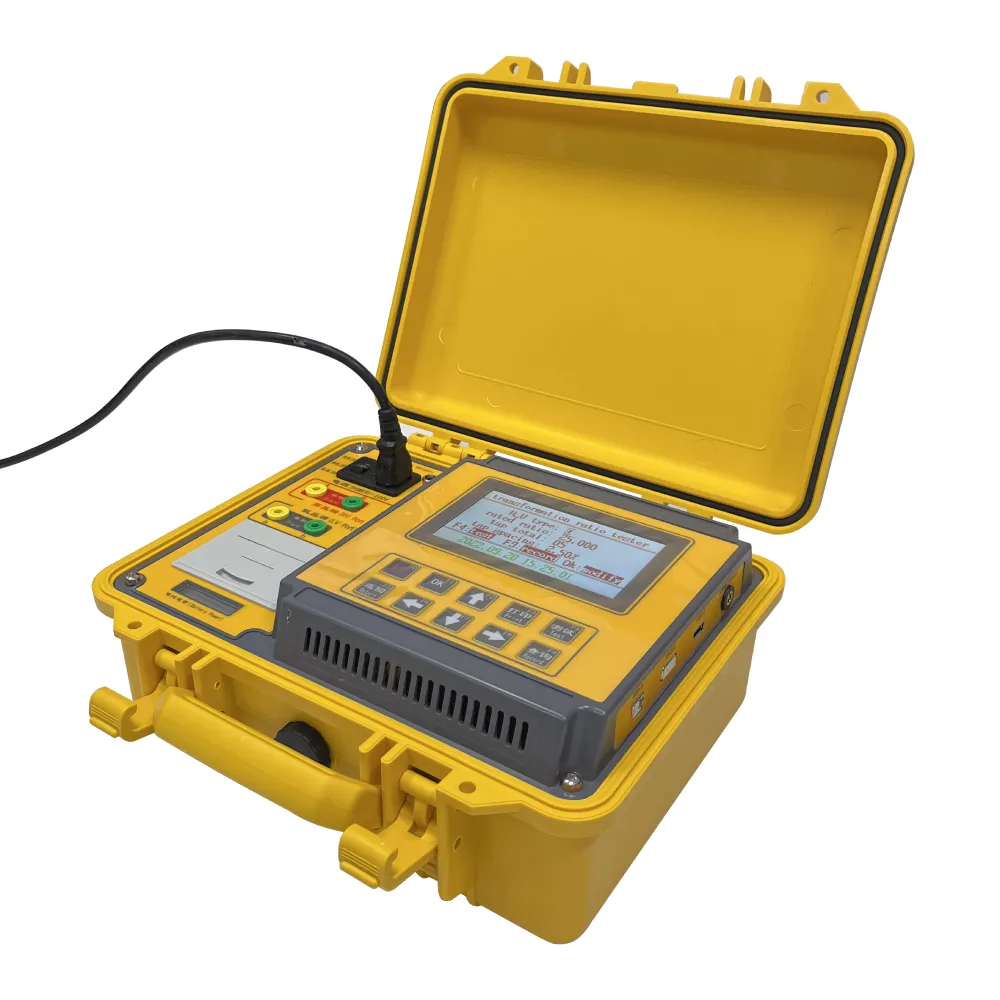 English
English


oil test equipment
Understanding Oil Test Equipment Ensuring Quality and Safety in Oil Analysis
In the oil industry, ensuring the quality and safety of petroleum products is paramount. One of the fundamental ways this is achieved is through the use of specialized oil test equipment, which plays a critical role in the assessment and monitoring of oil characteristics. This equipment helps in determining the composition, stability, and overall fitness of oil for various applications, including transport, refining, and consumption.
Oil test equipment covers a wide range of instruments and devices designed to evaluate different properties of oil. Common tests include viscosity, flash point, density, and impurity levels. For instance, viscometers are essential in measuring the viscosity of oil, which indicates its thickness and flow characteristics under varied temperatures and conditions. Viscosity is a crucial parameter that affects the performance of lubricants and fuels in engines and machinery.
Another important aspect is the flash point, which determines the temperature at which oil can produce enough vapor to ignite. This property is vital for safety, especially in handling and storage. Flash point testers provide reliable measurements to prevent hazards during the transportation and usage of combustible materials. The density of the oil, typically measured using a hydrometer, offers insights into its composition and can help identify any contamination or blending with undesirable substances.
Furthermore, modern oil testing employs sophisticated equipment such as gas chromatographs and mass spectrometers. These devices enable precise analysis of the molecular composition of oil, allowing for the detection of any contaminants or additives. Such analyses are essential not just for quality control but also for regulatory compliance, as the industry is governed by strict environmental standards.
oil test equipment

In addition to these tests, oil test equipment is also pivotal in routine monitoring during the oil production and refining process
. By consistently analyzing samples, operators can detect deviations in product quality and take timely action, thus minimizing waste and preventing potential failures in machinery or during transportation. This continuous monitoring is essential for maintaining efficiency and safety standards.The technological advancement in oil test equipment has led to the development of portable and automated testing devices. These innovations enable on-site testing, which saves time and reduces the need for samples to be sent to labs for analysis. Field-testing capabilities enhance the responsiveness of operators to detect issues as they arise, ensuring that any discrepancies are addressed immediately.
As environmental concerns escalate, the role of oil test equipment becomes even more critical. Ensuring that oil products meet environmental regulations not only safeguards public health but also helps companies avoid hefty fines and reputational damage. Thus, investing in high-quality oil test equipment is not just a matter of compliance, but also a strategic business decision.
In conclusion, oil test equipment is an integral component of the petroleum industry, responsible for ensuring the quality and safety of oil products. By understanding and employing the right testing methodologies and technologies, businesses can enhance their operational efficiency, maintain product integrity, and adhere to regulations. As the industry continues to evolve, the importance of reliable and accurate oil testing will remain a cornerstone of safe and efficient oil production and usage.
-
Differences between open cup flash point tester and closed cup flash point testerNewsOct.31,2024
-
The Reliable Load Tap ChangerNewsOct.23,2024
-
The Essential Guide to Hipot TestersNewsOct.23,2024
-
The Digital Insulation TesterNewsOct.23,2024
-
The Best Earth Loop Impedance Tester for SaleNewsOct.23,2024
-
Tan Delta Tester--The Essential Tool for Electrical Insulation TestingNewsOct.23,2024





